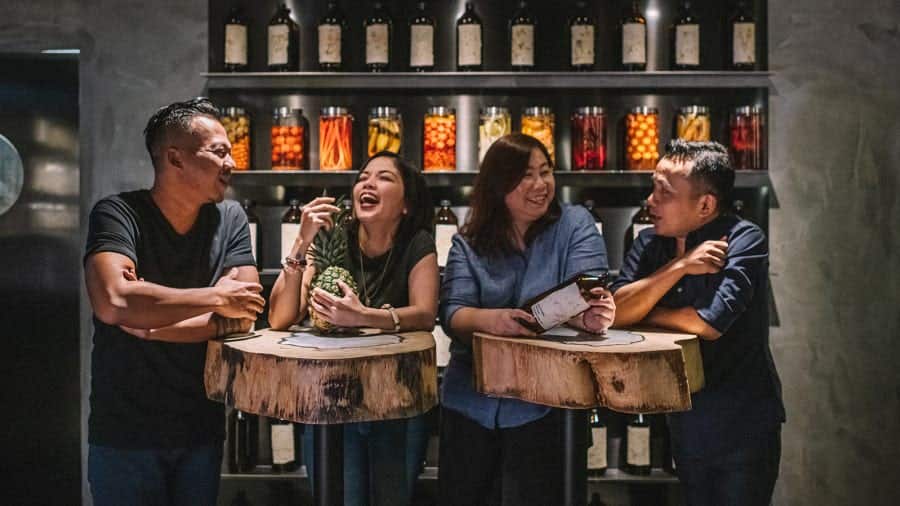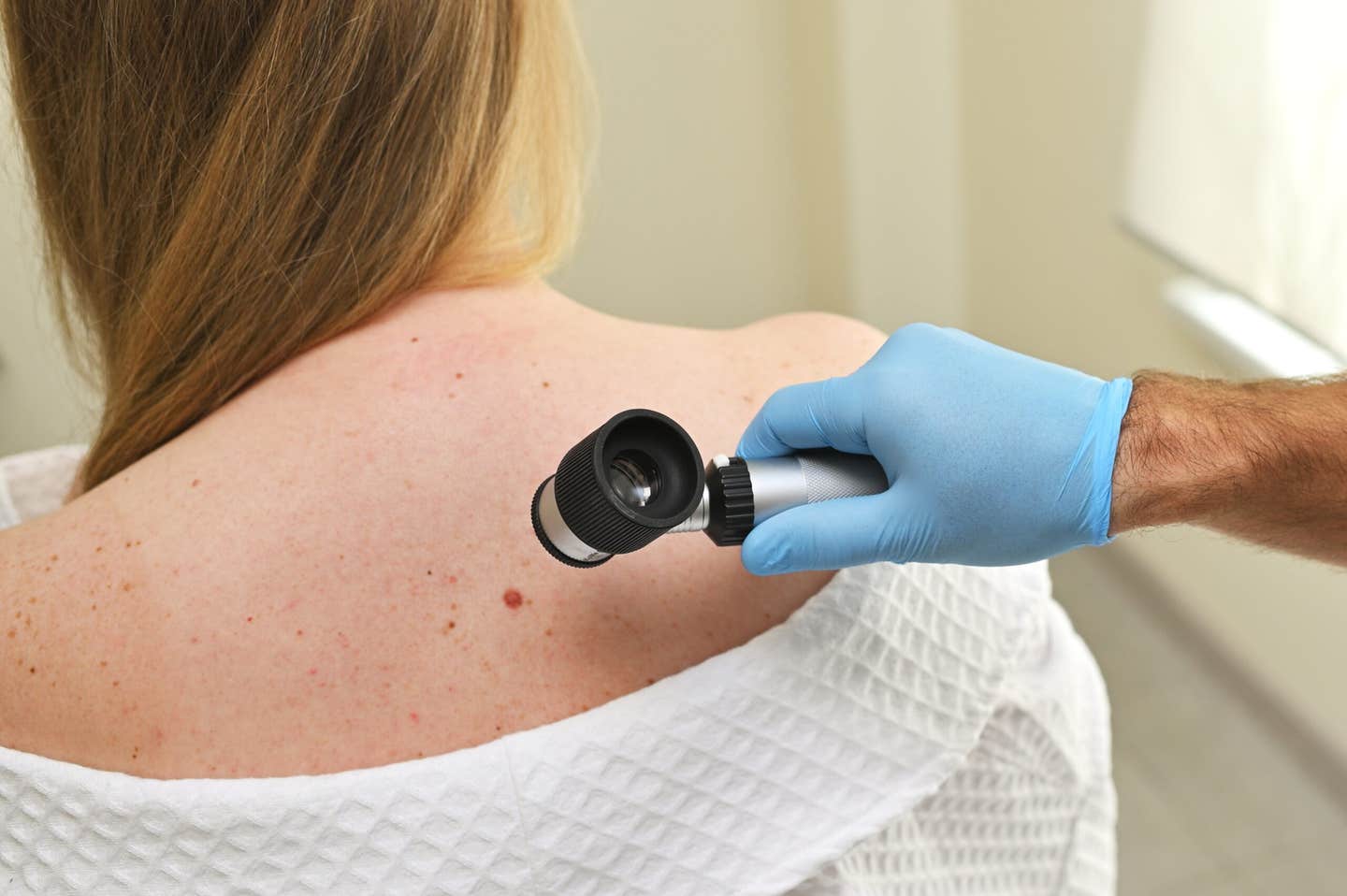The Noma of nightlife: Welcome to Hong Kong’s first sustainable bar, The Penicillin
The Penecillin is the first bar in Hong Kong entirely focused on sustainability. It’s all part of a broader concept from drinks to furniture

[July 10, 2021: Josh Shavit]
From left to right: co-founders Agung Prabowo, Laura Prabowo, Katy Ghale and Roman Ghale opened the bar in November 2020. Credit: Penicillin Hong Kong
At first glance, Penicillin is like any other upscale bar: dimly lit with plush green velvet benches around low tables, guests sipping on cocktails and snacking on bowls of salty chips, with sultry jazz humming in the background.
“The Penecillin is the first bar in Hong Kong entirely focused on sustainability,” Prabowo said. “In Hong Kong, it‘s very hard to be 100 per cent sustainable, it’s probably impossible … But a lot of restaurants have already tried, so why not bars?”
In 2019, just 29% of Hong Kong's nearly 5.7 million metric tons of waste was recycled -- and it appears to be a downward trend. Government data shows that Hong Kong's recycling rates have fallen over the past decade, which means while less waste was produced, the amount going to landfill still increased by 21%.
It's all part of a broader concept -- from drinks to furniture -- built around reducing waste and minimizing carbon emissions.






Prabowo is realistic about the difficulties of establishing a completely sustainable bar but is seeking to establish a closed loop system that will see ingredients used to their fullest – a concept pioneered in London at White Lyan, which drew attention for being the first cocktail bar in the world to use no perishables and even no ice.
The bar's name is a reference not only to the classic cocktail but to penicillium, the fungi that produces penicillin. The antibiotic was only produced in large quantities once research was carried out in regards to its fermentation. This process features largely at Prabowo’s new bar, which will come complete with a fermentation room and a lab that together will produce ingredients for the bar and its kitchen.
For the team at Penicillin, the goal is to turn single-use culture on its head, and the team is constantly looking for new ways to reuse, recycle and minimize waste. Lemons, for instance, are squeezed for their juices, and the remaining pulp, seeds and skin are separated to be brewed into sparkling lemon "wine", or dried for cocktail garnishes, says Agung.
"We have to think twice before we put anything in the rubbish bin," he says. "You can collect things for the next ingredient, rather than buy it new."
It's not just the drinks -- designed by architecture firm Collective, sustainability has been built into the foundations of the bar with furniture and fittings made locally from recycled materials.
Trees uprooted during the 2018 Typhoon Mangkhut have been turned into tables and finished with recycled aluminum soda cans, while the LED wall lights are rescued tubes from Hong Kong's iconic neon street signs. Every detail, from the recycled-paper business cards to the custom-made recycled-cotton uniforms, has been carefully considered.
"There's actually fun ways to do sustainability," says Agung.
Despite the obstacles that make it difficult for a bar to be fully sustainable – such as the large amount of energy required for refrigeration – Prabowo is setting his sights high.
His aim is for The Penicillin to be the “Noma of bars in Hong Kong”, in reference to the famed Copenhagen restaurant that was named Best Restaurant in the World by Restaurant magazine for four years. Noma’s chef, René Redzepi, stressed sustainability, something primarily achieved through use of local, seasonal ingredients and a focus on foraging.
“We’re doing Noma style but for drinks rather than food,” Prabowo explains.
For more global good news stories check out our Global Good section at The Brighter Side of News.
Like these kind of feel good stories? Get the Brighter Side of News' newsletter.
Tags: #Global_Good_News, #Bars, #Sustainability, #The_Brighter_Side_of_News



